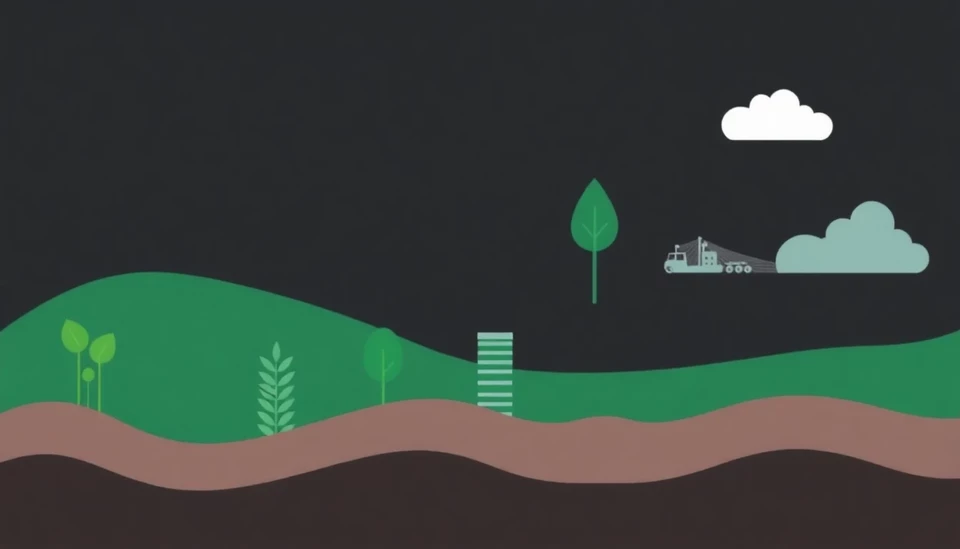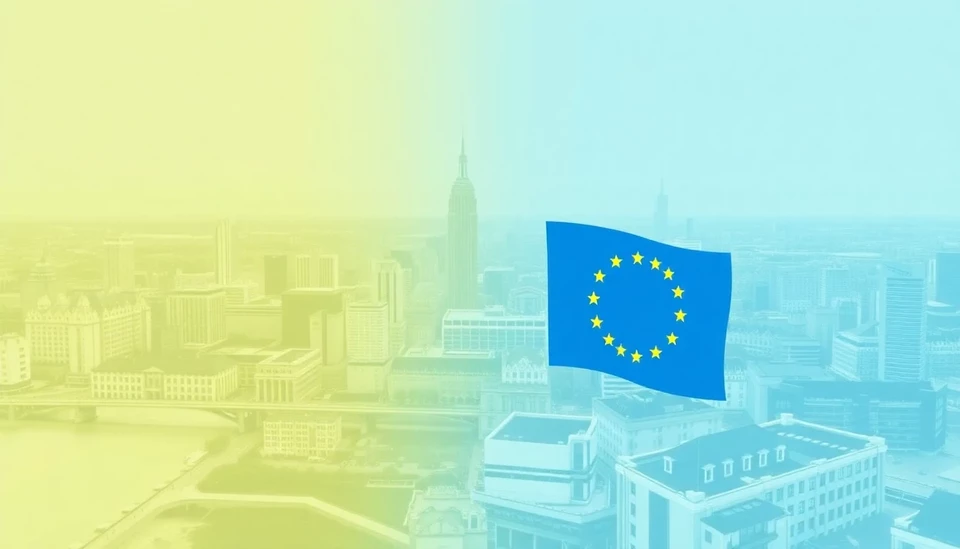
Carbon markets have emerged as an imperative tool to deal with the crisis while the world is still trying to grapple with the most pressing issue of climate change. Their potential notwithstanding, the challenges they face are more likely to hinder their effectiveness. An analysis recently threw light on the latest obstacle that the markets must sail through to realize their full potential.
The carbon market is designed to put a price on emitting carbon, so as to incentivize sustainable business operations. Nevertheless, it is extremely dependent on whether the system can really measure and report emissions, be stable within markets, and ensure cooperation across borders. The current challenge basically hinges on this point and needs to be navigated carefully to uphold the integrity and efficiency of the market.
Yet, it is the demand for valid and reliable measurement of carbon emissions. The danger exists that there might be faulty carbon accounting in the absence of proper measurement, distorting markets. A very transparent, uniform system of tracking emissions is called for to make sure there is trust among the different agents and that the carbon pricing reflects the true cost of the environmentally generated damage.
In addition to the issues regarding measurement, there is market stability. Carbon markets fluctuate with wide price swings, making the undertaking too uncertain for businesses and investors. Recent carbon pricing volatility has consequently raised calls for the mechanisms that would stabilize the market and make it predictable. Such predictability is very important for spurring long-term investments in green technologies and sustainable practices.
Another cornerstone of successful carbon markets is international cooperation. Since climate change is a problem that concerns the whole world, the effectiveness of the carbon pricing mechanism also depends on cross-border cooperation. Some key steps toward this goal include harmonization of carbon pricing policies and mutual recognition of carbon credits, which will lead to one single, cohesive global market. However, geopolitical tensions, along with differences in regional policy, make these processes difficult and form a critical obstacle for international coordination.
However, despite these challenges, there is optimism about the future of carbon markets. Policymakers, businesses, and environmental organizations are very active in seeking solutions to these problems. Improvements in technology, which could offer better systems for tracking emissions, coupled with innovative financial instruments, may be all it needs to make it more robust. Ongoing discussions and agreements among nations may also lead to a more harmonized and efficient carbon market mechanism.
Undoubtedly, the future of carbon markets will be a complex journey, but the stakes couldn't be higher. Success herein will mark a long way toward rapid strides on the part of the world to avoid increased climate change and head in the direction of sustainability. Indeed, this is a pivotal moment for the stakeholders concerned to collaborate through innovation and collaboration as catalysts to realize the promise of carbon markets.
#CarbonMarkets #ClimateChange #Emissions #Sustainability #GreenTechnology #EnvironmentalPolicy #GlobalCooperation #MarketStability
Author: Megan Clarke



